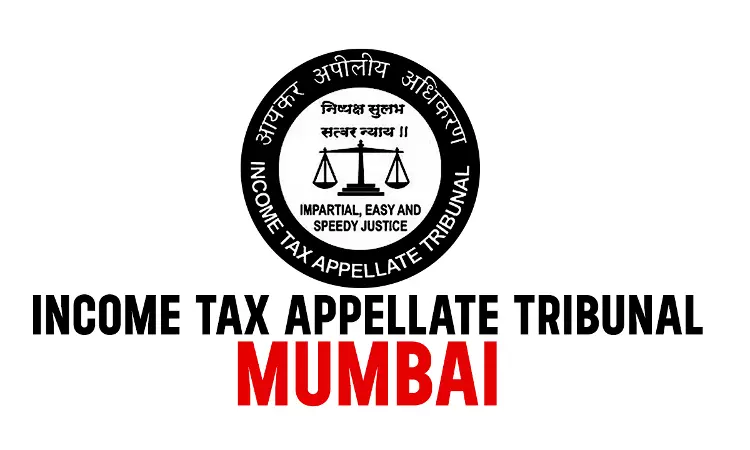The Mumbai Bench of the Income Tax Appellate Tribunal (ITAT) has held that income tax disallowance based on presumptions of earning dividend income in the future is not sustainable.The bench of Raj Kumar Chauhan (Judicial Member) and Padmavathy S (Accountant Member) has observed that the AO has proceeded for disallowance made on the basis of presumptions that the investment was made from...

